One of the best things about childhood friendships is that we accept our friends for who they are. Kids are surprisingly tolerant of each other’s quirks. Whether they’re doing a zoom call while standing on their heads, rolling around in the sand like a swamp monster, or making weird gurgling noises at random times, kids are crazy! They’re also all still learning various social skills, and so by necessity, have to be somewhat forgiving and accepting of each other.
Friendships forged during childhood tend to carry this acceptance into adulthood. My oldest friends don’t mind (too much) that I can be overly opinionated, am incredibly messy, and often forget things. They accept these flaws as the backdrop to the more important business of having fun together, trusting and confiding in each other, and generally caring about one another.
These friendships are invaluable. Yet lately, I hear a lot of stories about people reconsidering their friendships– or even their marriages and other family relationships — because of political and ideological differences. Whether it’s shutting someone out on social media, or disinviting family from Thanksgiving dinner, this seems to be a new trend.
Now I’m sure there are some cases in which a friend’s views are so abhorrent and hateful that it may just be best to cut ties. But I suspect these cases are rare. More often than not, people simply seem less tolerant of disagreement. In Coddling of the American Mind, Greg Kukianoff and Jonathan Haidt describe how we, as a society, have come to interpret disagreement not only as a personal affront, but as an actual threat to our safety. Combine this with our polarized political climate, we end up in the mindspace of “You’re either with us or against us!”
But cutting off friends with whom we disagree, and shaming family who don’t conform to our own ideologies, is counterproductive. It only inflames our differences. Rather than shutting people out when we disagree, we should call upon our friendships to help us see new perspectives. Instead of recalibrating what we think of our friends, we should use our trust and respect for them to help us recalibrate our own opinions, and to challenge the dogmatism of our own views.
This doesn’t mean changing our belief system. Instead, it means accepting that there is more than one valid set of life experiences, and more than one way to look at things. It means humanizing the groups of people with whom we disagree. From here, we can produce change and effect personal growth.
When a community succeeds in turning down everyone’s tribal circuits, there is more room for individuals to construct lives of their own choosing; there is more freedom for a creative mixing of people and ideas (59).
This is really what friendship is about. And on a wider scale, it’s what democracy is about.
Take, for instance, the divisive topic of risk-taking during the covid pandemic (an issue complicated by the fact that with a contagious disease, one person’s voluntary risk can quickly become another’s involuntary risk). Despite what the media will have you believe, it’s not always a matter of cautious and caring people versus reckless people, or freedom loving people versus medical oppressors. Things are more nuanced than that.
For example, a good friend of mine recently booked a trip from New York to Dubai, for the primary purpose of enjoying her life. Having been cooped up in a small apartment, working from home and generally sheltering in place since March, she and her husband decided it’s time to take some calculated, careful, risks. They did their research, found a place they thought was relatively covid-safe, took the proper precautions (quarantining before and after their trip), and are having fun.
Now, personally, airplane travel is not a risk I would take for myself or my family at this time. Being in the super cautious camp, I have two ways to process her decision. I could judge my friend harshly, and double down on my own beliefs as dogma. No doubt, some of her friends may do just this. I’m sure she’s ruffled many feathers with her vacation, and heard her share of tsk tsk tsk!!! She may even be risking friendships with her decision to travel.
Or, instead of harsh judgment, I can do what friends naturally do. I can say, with full sincerity, “Have an amazing time on your trip!” Because I know my friend is reasonable, thoughtful, and responsible, I can respect her choices and support her decisions. And then, I can leverage this understanding for a close friend, to help me better understand others. I can recalibrate and step away from the trap of dichotomous thinking.
This doesn’t mean that I will necessarily change my beliefs or alter my own behavior. This doesn’t mean accepting injustice. It just means extending the generosity of friendship to a broader circle, so that we can have more productive conversations. Whether it’s politics or beliefs about vaccination, when a friend offers a different perspective, we should ask ourselves — what can we learn from their beliefs? What makes them feel this way?
Maybe we’ll learn something new. Even if we can’t find any logical basis for their views, (as in going down the rabbit hole of scary conspiracy theories), we can understand the emotions and vulnerability behind their beliefs. We can learn what basic needs people have that are being served by these views. We can try to reach them through our friendship, instead of meeting their fear with condescension. Because only when we start from a place of respect and validation, can we begin to have productive conversations and find common ground.
We need to go back to our mindset of childhood acceptance. We need to remember that, like kids, adults are all still learning– and that includes ourselves.
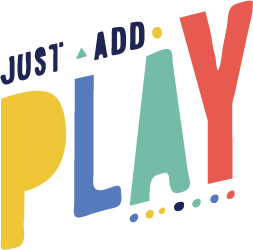
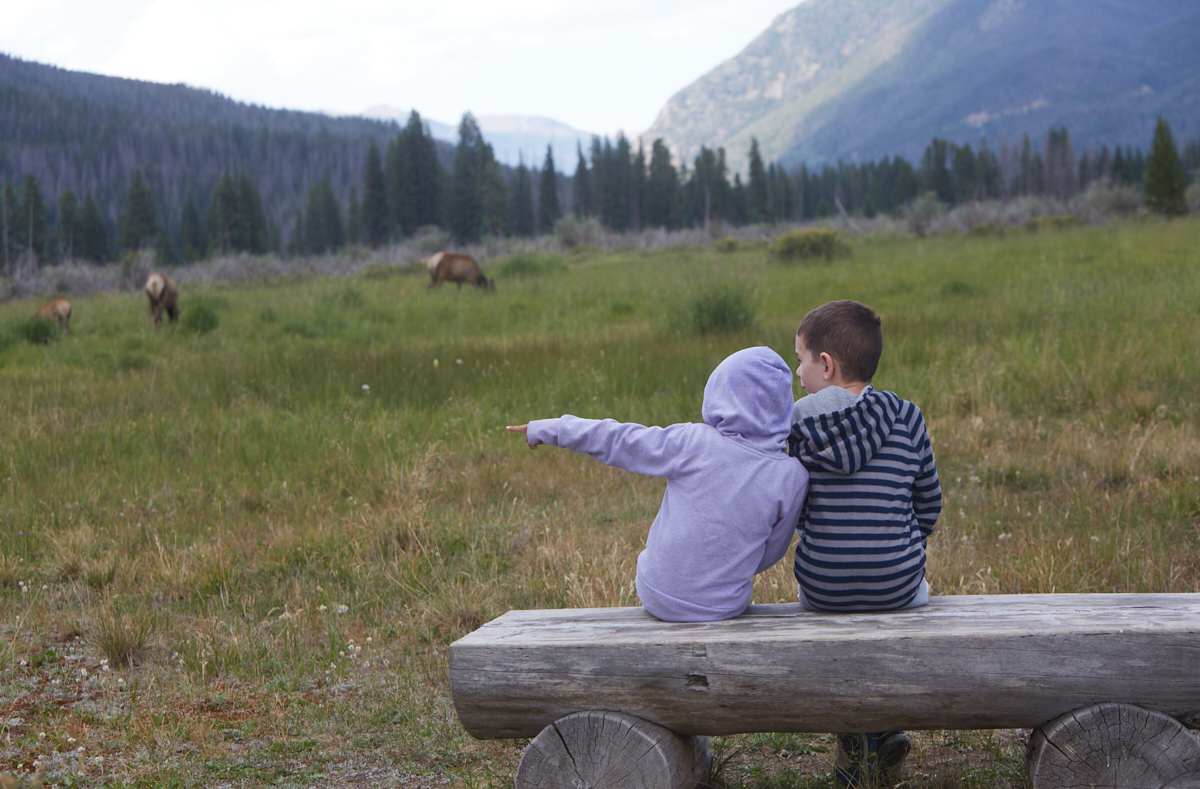
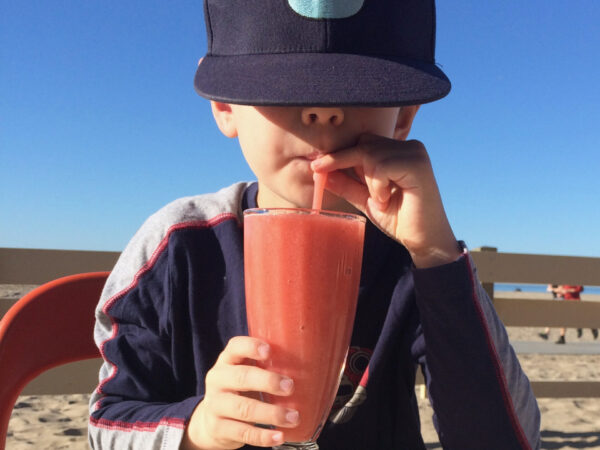

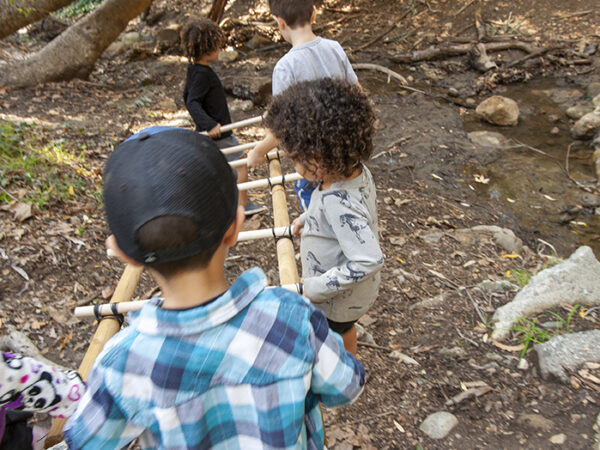
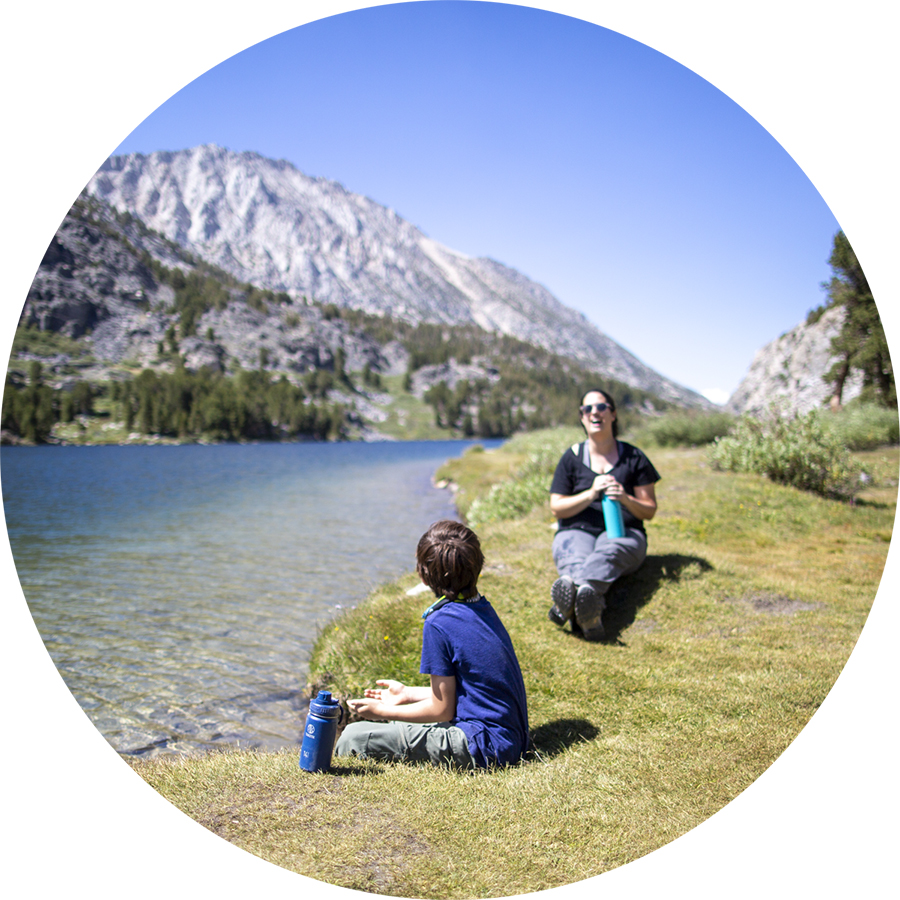
well said, kate! it reminds me of the walt whitman quote (via ted lasso 🙂 ) “be curious, not judgmental.”